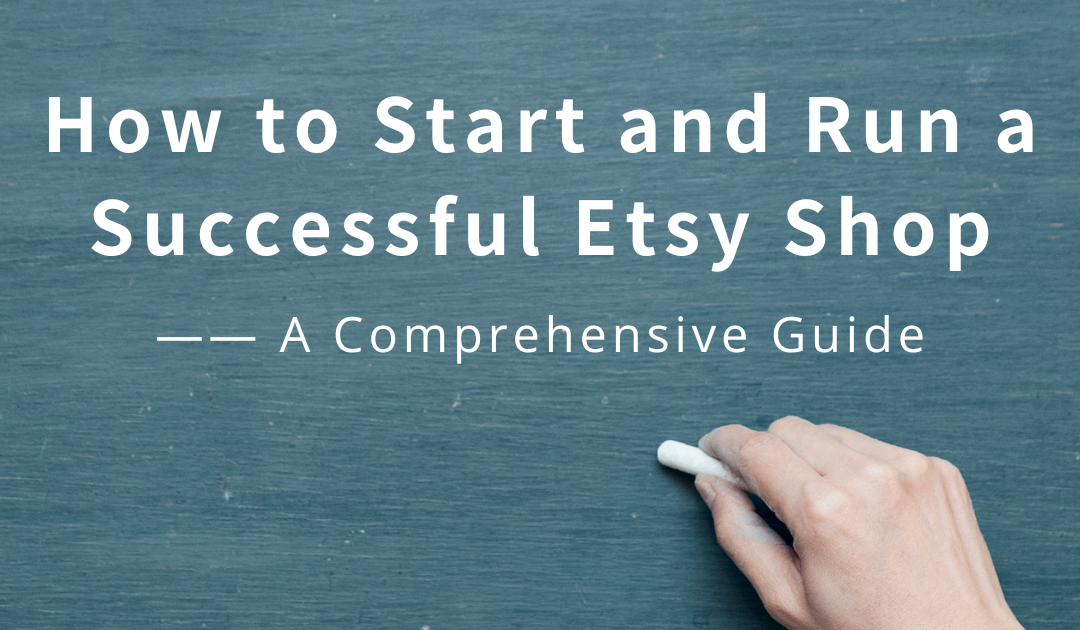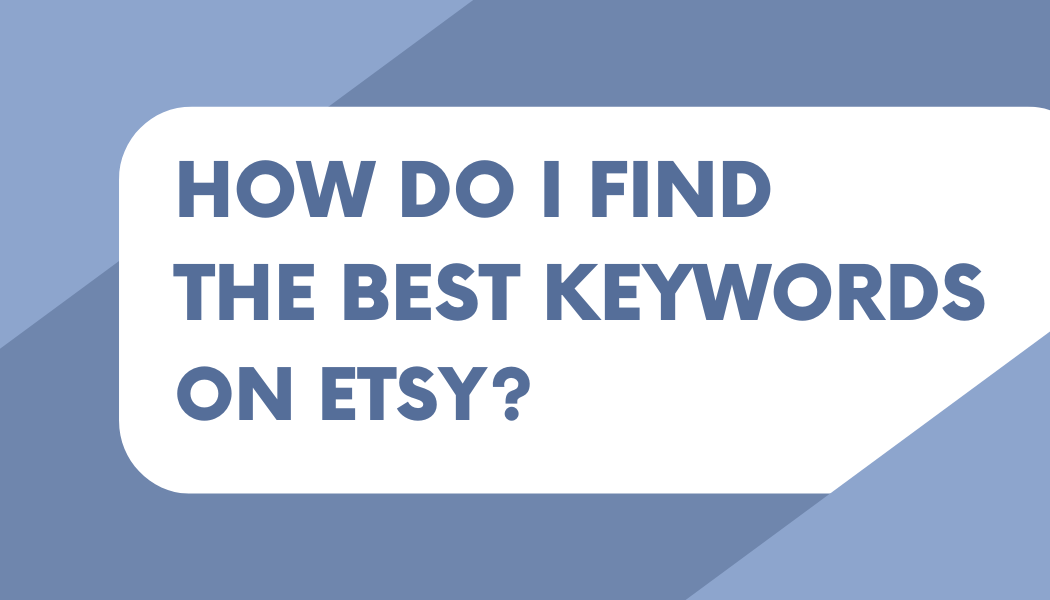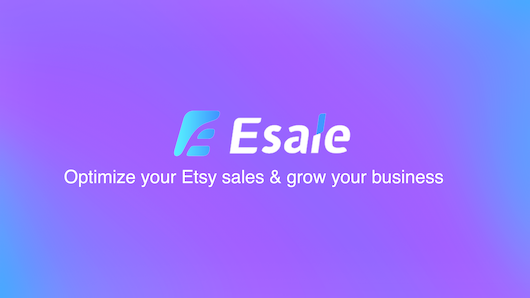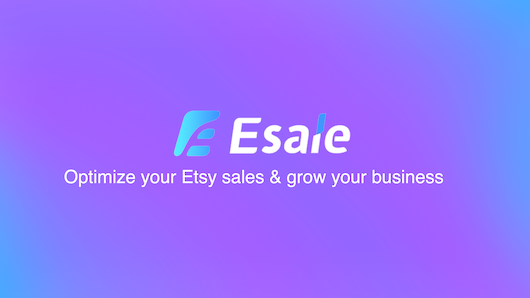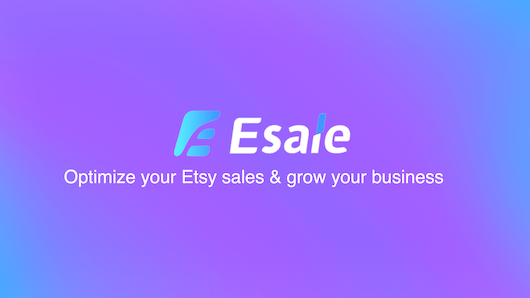Shopify vs. Etsy: Which is right for your business?
When it comes to starting an online business, choosing the right platform is crucial for success. Two popular options in the e-commerce world are Etsy and Shopify.
In this blog post, we will explore the upsides of both platforms, compare their fees, and discuss why you might choose one over the other. Let's dive in and explore the nuances of Etsy vs. Shopify.
Shopify and Etsy are two popular e-commerce platforms that offer a variety of features and benefits for sellers. However, there are some key differences between the two platforms that you should consider when choosing the right one for your business.
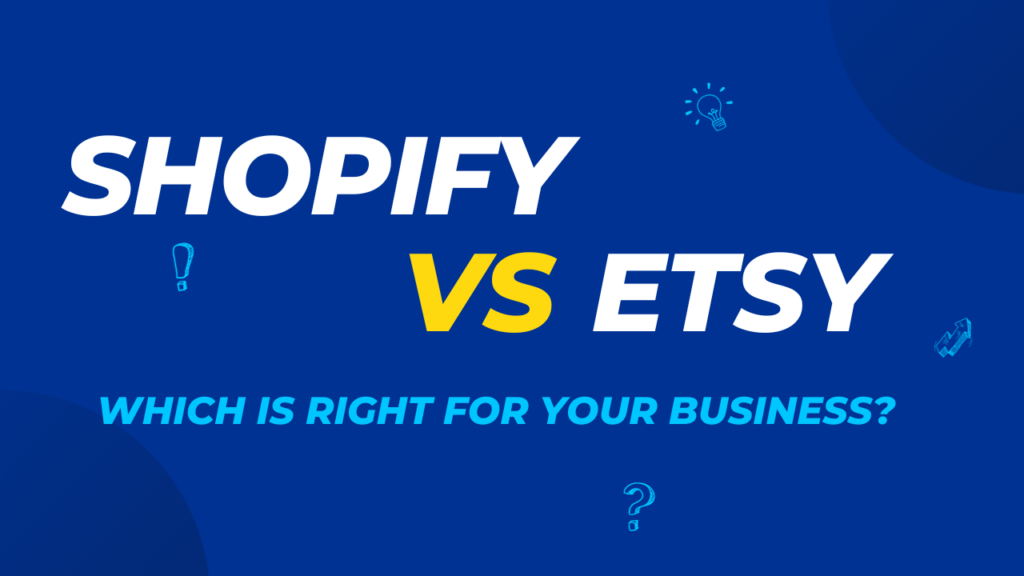
What is the upside on Shopify?
Shopify provides a versatile e-commerce platform for businesses of all sizes. The upside of Shopify lies in its customization options. Store owners can create a unique online presence tailored to their brand.
Shopify offers a wide range of templates and tools, making it easier for businesses to establish their identity and stand out in the competitive online market. Moreover, Shopify provides excellent scalability, allowing businesses to grow without worrying about outgrowing the platform's capabilities.
Shopify offers a wide range of features and customization options, including:
- A drag-and-drop website builder
- A variety of payment processing options
- Marketing and analytics tools
- Shipping and fulfillment integrations
What is the upside on Etsy?
Etsy is a renowned online marketplace that focuses on handmade and unique items. One of the significant upsides of selling on Etsy is the built-in audience. With millions of users actively searching for handmade, vintage, and craft items, your products can reach a wide customer base.
The platform also has a sense of community, allowing sellers to connect with buyers who appreciate the craftsmanship and creativity behind each product.
Etsy offers a variety of features and benefits, including:
- A large and growing customer base
- Built-in search and discovery tools
- A variety of marketing and promotional tools
Which Platform is Right for You?
The right platform for you will depend on your specific needs and goals. If you are looking for a platform that offers a wide range of features and customization options, Shopify is a good choice. If you are looking for a platform that is easy to use and has a large customer base, Etsy is a good option.
Here is a comparison of the two platforms:
| Feature | Shopify | Etsy |
|---|---|---|
| Cost | Monthly subscription fee starting at $29 | Listing fee of $0.20 + 5% transaction fee |
| Features | Drag-and-drop website builder, payment processing options, marketing and analytics tools, shipping and fulfillment integrations | Built-in search and discovery tools, marketing and promotional tools |
| Target audience | Any type of product | Handmade, vintage, and craft goods |
| Ease of use | Medium | Easy |
| Customization | High | Medium |
| Customer support | phone, chat, and email support | email support |
Shopify Fees vs Etsy Fees Compare
One crucial factor to consider when choosing between Etsy and Shopify is the fees associated with each platform. Let's compare the fees to understand which option might be more cost-effective for your business.
Etsy Fees: Etsy charges a listing fee of $0.20 per item, which is valid for four months or until the item sells. When the item sells, Etsy charges a 5% transaction fee on the sale price, excluding shipping costs. Additionally, there is a 3% + $0.25 payment processing fee for each transaction.
Shopify Fees: Shopify offers various pricing plans, starting from $29 per month for the Basic Shopify plan. These plans include hosting, security, and customer support. Shopify does not charge any transaction fees if you use their in-house payment gateway, Shopify Payments. However, if you choose an external payment gateway, there is a transaction fee ranging from 0.5% to 2% per transaction, depending on your Shopify plan.
Is it better to use Etsy or Shopify?
The choice between Etsy and Shopify depends on your business goals and preferences. If you are looking for a platform with a built-in audience and a focus on handmade or unique products, Etsy might be the right choice for you.
However, if you prefer full control over your online store's appearance and want the flexibility to scale your business, Shopify could be the better option.
Why use Etsy over Shopify?
Sellers often choose Etsy over Shopify because of the platform's simplicity and ease of use. Setting up a store on Etsy is straightforward, and the platform provides essential tools for managing listings, processing orders, and communicating with customers.
For individuals or small businesses just starting, Etsy offers a low barrier to entry and a supportive community of fellow artisans and crafters.
What is cheaper to sell on Etsy or Shopify?
When it comes to cost-effectiveness, both Etsy and Shopify have their advantages. Etsy's fees are transaction-based, meaning you only pay when you make a sale.
This can be advantageous for businesses with fluctuating sales volumes. On the other hand, Shopify's monthly subscription fee provides stability and predictability, making it easier for businesses to budget their expenses.
Which Is the Best eCommerce Platform for Your Store?
Ultimately, the best e-commerce platform for your store depends on your unique needs and goals. If you prioritize simplicity, a built-in audience, and a sense of community, Etsy might be the ideal choice.
However, if you value customization, scalability, and control over your online store, Shopify could be the better option.
In conclusion
both Etsy and Shopify offer distinct advantages, and your decision should align with your business strategy and vision. Evaluate your priorities, budget, and long-term goals to determine which platform aligns best with your needs.
Whether you choose Etsy or Shopify, both platforms provide excellent opportunities for entrepreneurs to showcase their products and reach a global audience. Happy selling!
